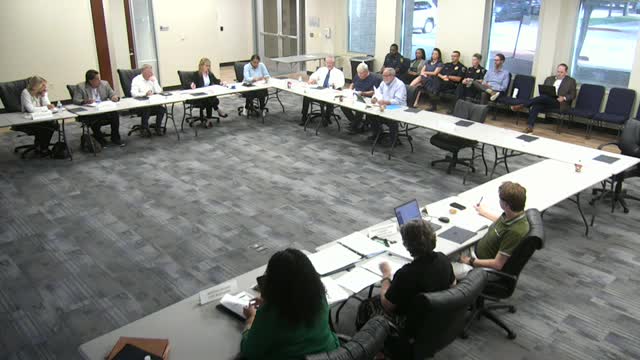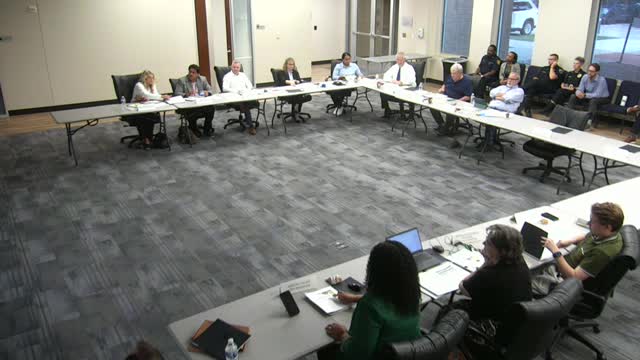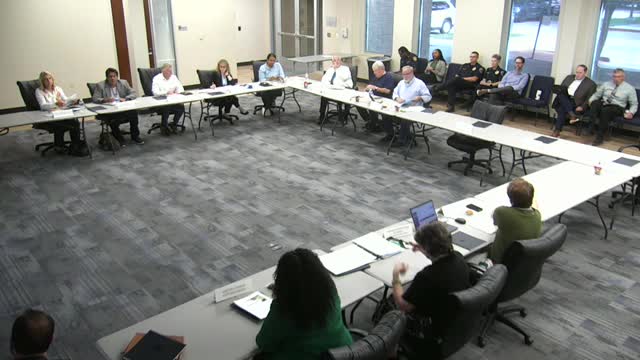Article not found
This article is no longer available. But don't worry—we've gathered other articles that discuss the same topic.

Council unanimously approves ordinance canvassing May 3 general-election results

Council reviews FY26 budget preview: personnel requests, $537,016 in one‑time asks and debate over a $300,000 road fix

